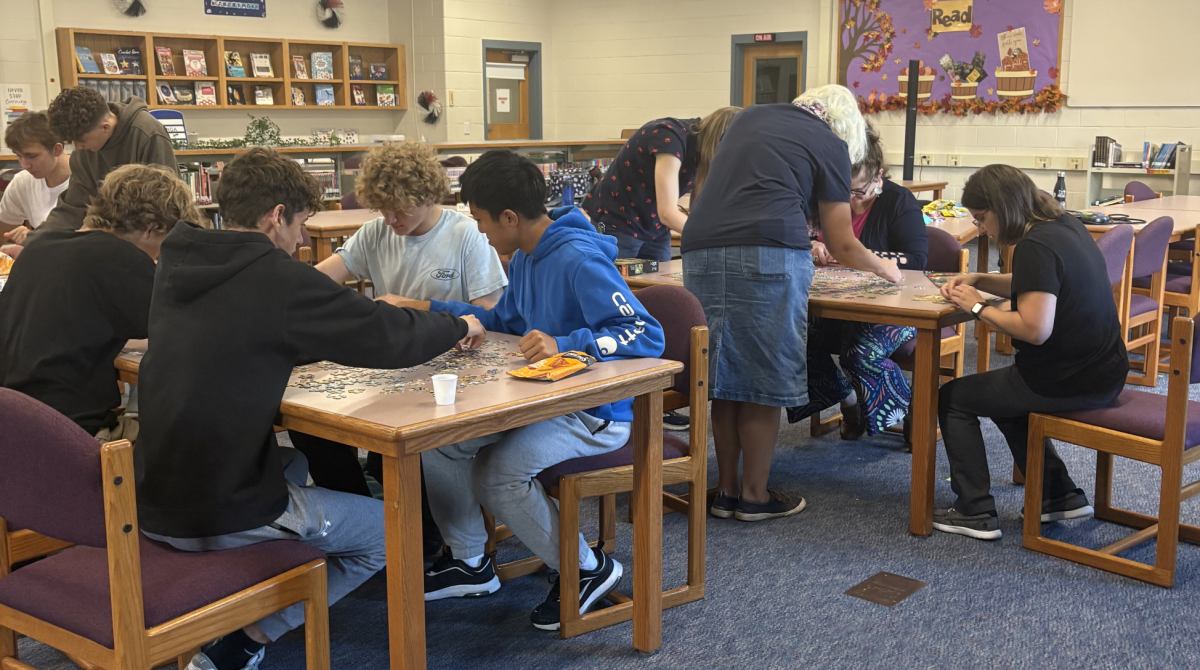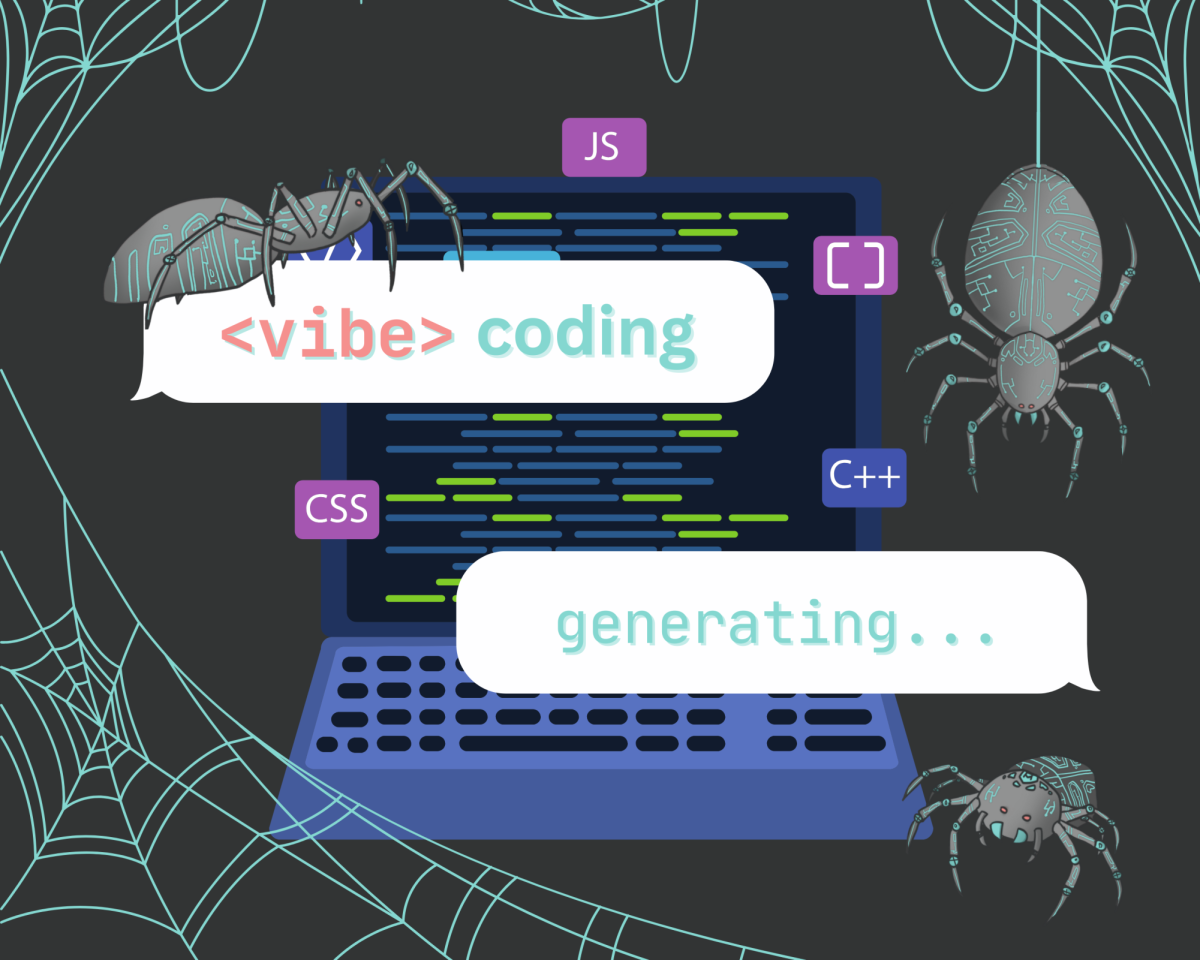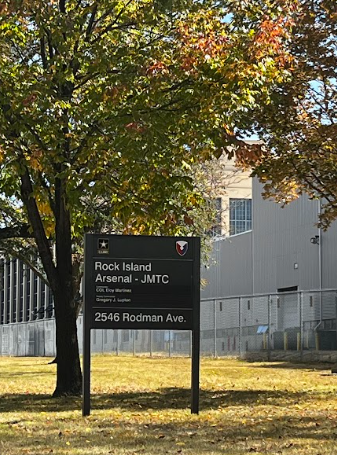When De Anza middle college senior Zhenhao Qi first encountered the term “vibe coding” from a technology news YouTube channel in February, he initially dismissed it as just another AI buzzword. However, in May, Qi found himself warming up to vibe coding at a hackathon, using it almost exclusively for his project during the competition.
“When something was broken, I would tell the AI to fix it,” Qi said. “When I wanted to add a feature, I would tell the AI to do it. That was one of the first times I truly relied on vibe coding, and I learned a lot from it. I probably wrote less than 200 lines of code that entire time.”
Vibe coding is one of the newest terms in a line of AI neologisms that has gained popularity within tech communities almost as fast as AI’s capability to develop code improves. Defined as a style of programming that relies on AI to generate code with minimal human inspection, the concept was first called “vibe coding” by OpenAI co-founder Andrej Karpathy in February 2025. The idea of programmers doing nothing but prompting and guiding the AI is already causing speculation about how it will change the landscape of software engineering.
“It’s efficient, it’s easy to use and it lets people who are less experienced in CS do things that others spend a lot of time learning to do,” Qi said. “You type in whatever the heck you want, and it spews out what you need. Even if you don’t know how to code, you can use it. It’s like a guiding hand.”
Ria Subramanium, a software engineer at the data-storage company Snowflake in Los Altos, has been experimenting with using AI models to code since before ChatGPT’s official release. She has used vibe coding for personal projects and to test out ideas that the AI may be able to execute.
“If you’re building something only for yourself, it’s super nice because it takes five minutes,” Subramanium said. “You don’t have to spend too much time getting deep in the weeds with technology that you’re not that familiar with. I might consider vibe coding to do something fairly small and straightforward, something that won’t necessarily affect other things that might be going on at work.”
Despite being useful for personal projects and everyday tasks, vibe coding has its limitations. As with other forms of AI, the response to a prompt will not always be perfect. With all the complexities and logic of coding, there is plenty of room for mistakes. Sophomore and Java teacher assistant Sam Heinonen believes that when working with AI to code, it’s best to go in with prior programming experience.
“If you ask AI to code, you’re probably going to have to help fix some of the bugs it comes up with,” Heinonen said. “You’ll have to understand how to do that and what the code actually does. The point of the CS classes in school is to teach you the basics of computer science, so you’re going to struggle if you use AI as a crutch for everything.”
Qi agrees on the importance of foundational skills for students at MVHS planning to major in computer science. He believes that you should only start experimenting with vibe coding once you are proficient in computer science, or if you don’t intend to seriously learn coding.
“When you’re trying to actually learn how to code, I would say to abstain from AI completely,” Qi said. “It’s not really going to help you learn unless you’re truly stuck and have tried everything else. Maybe understanding how AI works is important for new CS majors, but using it actually takes away from the learning experience.”

While Subramanian highlights the value of having coding experience before working with AI, she says that it is also worth trying out vibe coding no matter the skill level. To her, as long as students have an interest in software engineering, experimenting with new technology will always be useful.
“To be honest, most of the knowledge about how to vibe code is in people’s brains,” Subramanian said. “It’s difficult to teach it. So it’s worthwhile for students just to mess around with these things and see what they can do, just because they have to know what exists, what is available and what will be there in the future.”
A common concern that people have raised about vibe coding is that it will replace the jobs of software engineers, or that questionable-quality, AI-generated code will be included in final customer products. However, Heinonen, Qi and Subramanian all agree that vibe coding will not successfully replace software engineers anytime soon. Rather, Subramanian describes AI as a junior engineer that she supervises, capable of handling tedious tasks but not complex problems.
At the same time, Subramanian and Heinonen both say that it is important for future software engineers to be familiar with AI — not as job competition, but as a tool to complement their work — as it has applications that could greatly improve efficiency in certain areas, like working with datasets.
“My theory is that a lot of the uses of AI will be incredibly impactful in terms of how the things function, but it’s difficult to measure,” Subramanian said. “It’ll be less impactful than you think in a one year timeline, and way more impactful than you think in a 10 year timeline. The best thing you can do is to keep an eye out for things that look interesting, and try to learn as much as you can.”
This story was originally published on El Estoque on September 22, 2025.










![Senior Dhiya Prasanna examines a bottle of Tylenol. Prasanna has observed data in science labs and in real life. “[I] advise the public not to just look or search for information that supports your argument, but search for information that doesn't support it,” Prasanna said.](https://bestofsno.com/wp-content/uploads/2025/10/DSC_0073-2-1200x800.jpg)

























